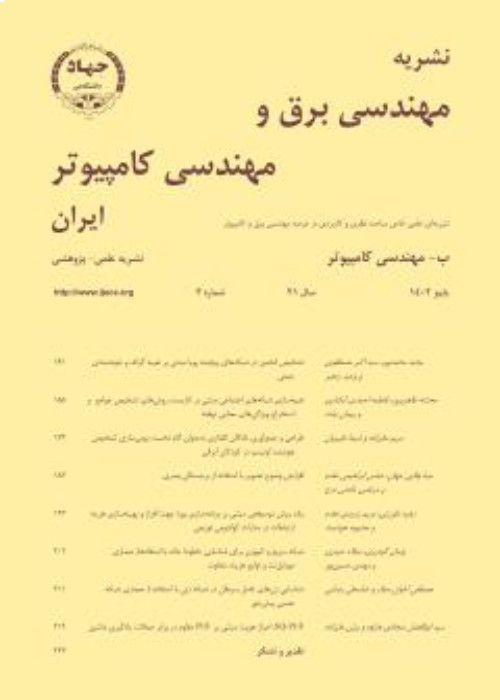Using Context Dependent Information for Discriminative Spoken Term Detection
Author(s):
Abstract:
Spoken Term Detection (STD) approaches can be divided into two main groups: Hidden Markov Model (HMM)-based and Discriminative STD (DSTD) approaches. One of the important advantages of HMM-based methods is that they can use context dependent (diphone or triphones) information to improve the whole STD system performance. On the other hand, lack of triphones information is one of the significant drawbacks of DSTD methods. In this paper, we propose a solution to overcome this drawback of DSTD systems. To this end, we modify the feature extraction part of an Evolutionary DSTD (EDSTD) system to consider triphones information. At first, we propose a monophone-based feature extraction part for the EDSTD system. Then, we propose an approach for exploiting triphones information in the EDSTD system. The results on TIMIT database indicate that the true detection rate of the triphone-based EDSTD (Tph-EDSTD) system, in false alarm per keyword per hour greater than two, is about 3% higher than that of the monophone-based EDSTD (Mph-SDSTD) system. This improvement costs about 36% degradation of the system response speed which is neglected.
Language:
Persian
Published:
Iranian Journal of Electrical and Computer Engineering, Volume:13 Issue: 1, 2015
Page:
25
magiran.com/p1453311
دانلود و مطالعه متن این مقاله با یکی از روشهای زیر امکان پذیر است:
اشتراک شخصی
با عضویت و پرداخت آنلاین حق اشتراک یکساله به مبلغ 1,390,000ريال میتوانید 70 عنوان مطلب دانلود کنید!
اشتراک سازمانی
به کتابخانه دانشگاه یا محل کار خود پیشنهاد کنید تا اشتراک سازمانی این پایگاه را برای دسترسی نامحدود همه کاربران به متن مطالب تهیه نمایند!
توجه!
- حق عضویت دریافتی صرف حمایت از نشریات عضو و نگهداری، تکمیل و توسعه مگیران میشود.
- پرداخت حق اشتراک و دانلود مقالات اجازه بازنشر آن در سایر رسانههای چاپی و دیجیتال را به کاربر نمیدهد.
In order to view content subscription is required
Personal subscription
Subscribe magiran.com for 70 € euros via PayPal and download 70 articles during a year.
Organization subscription
Please contact us to subscribe your university or library for unlimited access!


